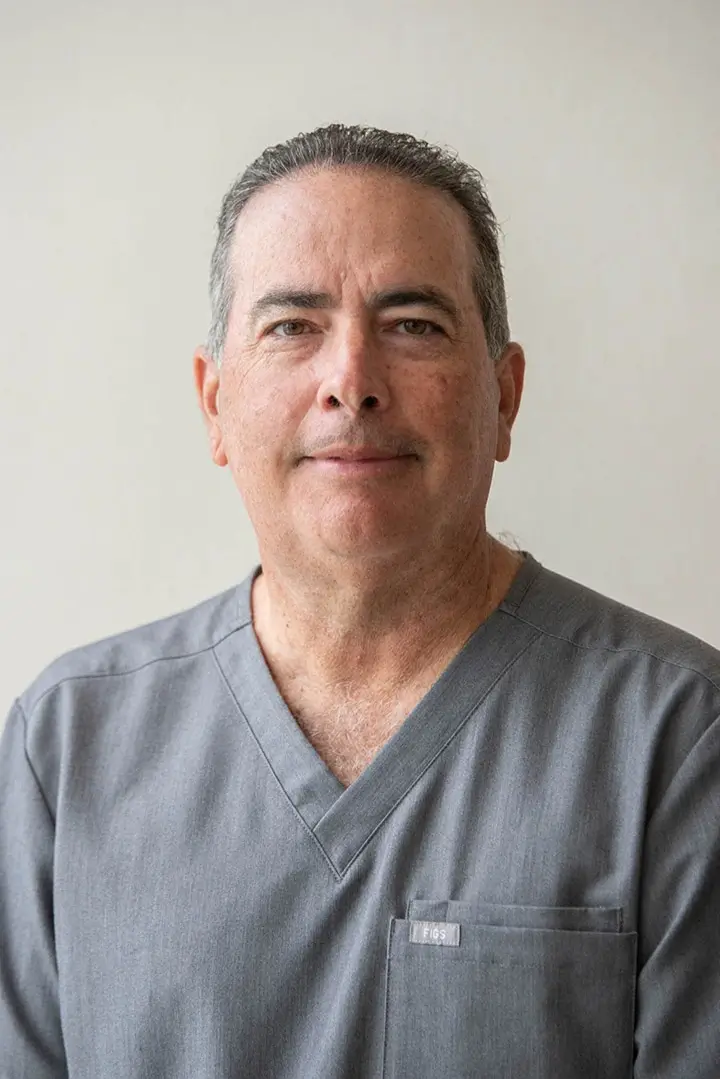The use of adult stem cells for conditions besides bone marrow transplant is most prevalent in the area of heart failure. Since the original study of Strauer et al in 2001 in which a 46-year old patient was administered bone marrow stem cells after a heart attack and experienced a profound improvement in cardiac function, more than a thousand patients have received adult stem cells for cardiac-associated conditions.
Today the story of Eddie Floyd, a small business owner from Austin, Texas was highlighted in an article describing his presentation to the Texas Alliance for Life. Mr. Floyed suffered a heart attack three years ago. The heart attack caused profound damage so as to make him eligible to participate in a clinical trial being conducted at the Texas Heart Institute using his own bone marrow stem cells. The trial involves administration of the stem cells using a special catheter to the blood vessels supplying the heart muscle.
Three years later, Mr Floyd is happy with the results. He explains that he has been able to resume normal daily activities. "There really isn’t anything that I can’t do because of my heart, that I’m aware of. [But] there are a few things I can’t do because of my belly…,"
Since the stem cells are from the patient’s own body, there is no possibility of rejection. He stated "They did not cause any kind of rejection, so I didn’t have to have any rejection-preventive medicine or anything like that…They were just generic stem cells that became heart."
In his talk Mr. Floyd explained that despite all of the media publicity and controversy around embryonic stem cells, these cells produced no benefit to patients like himself. There was one clinical trial in embryonic stem cells that was approved, which was Geron’s spinal cord injury protocol. The approval, however, was retracted before any patients were treated.
In contrast, adult stem cells such as the ones derived from the bone marrow have been used successfully not only in the treatment of heart failure, but other diseases such as liver failure, type 2 diabetes, and prevention of amputation in patients having poor circulation in the legs.
Currently adult stem cells are in clinical trials in the US and Western Europe. The most advanced adult stem cell types are in Phase III of trials, meaning that
if successful they will be sold as a drug within the next 1-3 years. Because Phase III trials have a placebo control arm, some patients do not want the risk
of being in a placebo group and therefore choose to go to clinics outside the US that offer this treatment. Once such clinic, Cellmedicine, has published
results on patients, such as a recent heart failure patient who underwent a profound recovery in heart function after treatment. The patient is described
in the peer reviewed journal International Archives of Medicine which is freely accessible at
www.intarchmed.com/content/pdf/1755-7682-3-5.pdf.

